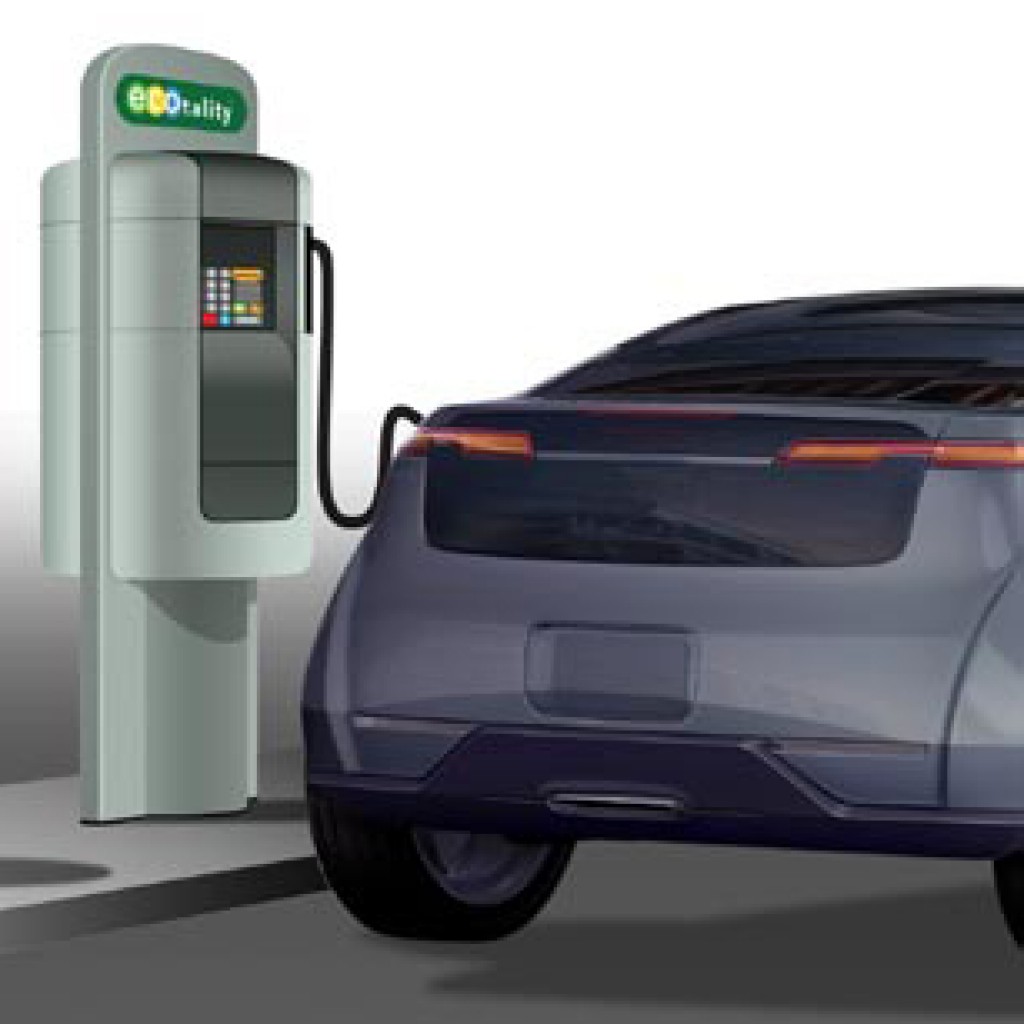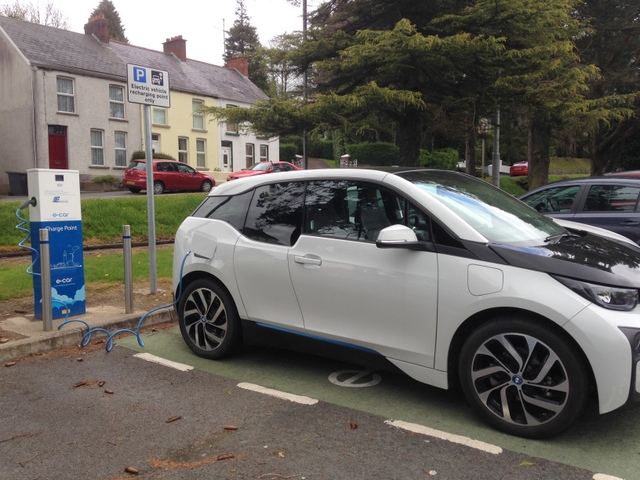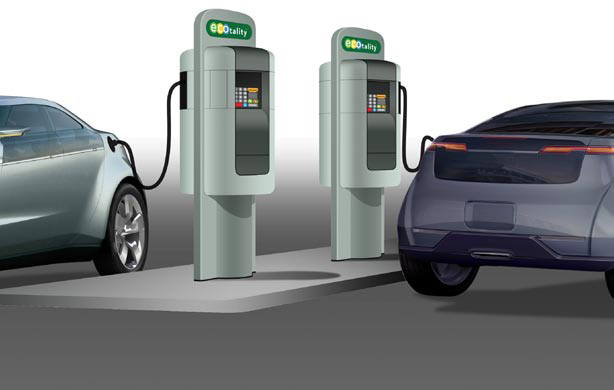In recent years, electric vehicles (EVs) have gained significant popularity as more people recognize the environmental and cost-saving benefits they offer. As a result, the demand for electric vehicle charging infrastructure has skyrocketed.
Electric vehicle charging companies play a crucial role in meeting this demand and are becoming increasingly important in the world of investing.
Overview of the Increasing Popularity of Electric Vehicles
The popularity of electric vehicles (EVs) is on the rise due to several key factors. First, there is a growing concern about climate change and air pollution, which has led individuals and governments to seek cleaner transportation options.
Second, advancements in battery technology have made EVs more practical by increasing their range and reducing charging times. Lastly, government incentives such as tax credits and rebates have made electric vehicles more affordable for consumers.
With these factors combined, the future looks bright for the widespread adoption of electric vehicles as a sustainable mode of transportation.
Explanation of Why Electric Vehicle Charging Infrastructure is Crucial
The widespread adoption of electric vehicles heavily relies on the availability and accessibility of charging infrastructure. Without a reliable network of charging stations, potential EV owners may be deterred by concerns about running out of power during their daily commutes or long-distance trips.
Electric vehicle charging companies address this concern by building and operating charging stations that cater to both residential and public needs. By investing in these companies, individuals can contribute to the growth of this essential infrastructure while potentially reaping financial rewards.
The rapid expansion of the electric vehicle market presents a lucrative opportunity for investors as the demand for charging infrastructure continues to surge. This growing industry allows investors to capitalize on the increasing number of automakers committing to producing electric vehicles exclusively in the near future.
Introduction to Key Players in the Market
The electric vehicle charging market is dominated by key players like ChargePoint Holdings Inc. and EVgo Inc. ChargePoint operates one of the largest global networks of charging stations, while EVgo is known for its extensive fast-charging network across the United States.
These companies, along with others in the market, are poised for significant growth as they meet the increasing demand for charging infrastructure. To understand investment opportunities in electric vehicle charging stocks, it’s important to know the different charger types available, such as Level 1, Level 2, and DC Fast Charging.
By identifying companies that excel in specific charger types or offer a comprehensive range, investors can align their strategies with this growing industry.
Overview of Different Types of Electric Vehicle Chargers
Electric vehicle chargers come in different types to cater to the varying needs of EV owners. Level 1 chargers are designed for residential use and provide a slow charging rate, typically adding about 4-5 miles of range per hour.
Level 2 chargers, suitable for public and commercial use, offer faster charging speeds, adding around 25-30 miles of range per hour. DC fast chargers, also known as level 3 chargers, provide rapid charging on highways and major routes, adding up to 80% charge in just 30 minutes.
Understanding these different charger types allows investors to assess which companies are positioned to benefit from the specific needs and preferences of EV owners.
Government Initiatives and Policies
Governments worldwide are actively promoting electric vehicles (EVs) through favorable policies such as tax incentives, grants, and subsidies. These initiatives encourage individuals and businesses to adopt EVs and drive the demand for charging infrastructure.
Tax incentives make EVs more affordable by offering credits or exemptions, while grants and subsidies provide financial support for purchasing EVs and installing charging stations. Additionally, regulations prioritize sustainability by requiring public institutions or taxi fleets to include a percentage of electric vehicles in their fleets.
Overall, these government initiatives play a crucial role in driving the widespread adoption of EVs.
Increasing Demand for Sustainable Transportation Solutions
As concerns about climate change intensify, more people are embracing sustainable transportation options like electric vehicles (EVs). This surge in demand translates into increased usage of charging stations provided by EV charging companies.
Governments worldwide are implementing policies and incentives to encourage the adoption of EVs, including tax credits and subsidies. To meet this growing demand, charging infrastructure is being rapidly expanded, with stations now available in residential areas, workplaces, shopping centers, and along highways.
Advancements in technology have also made EV chargers faster and more efficient, reducing waiting times and supporting long-distance travel. Overall, the increasing demand for sustainable transportation solutions is driving the growth of the electric vehicle market and prompting investments in charging infrastructure.
Technological Advancements in Charging Infrastructure
Technological advancements are driving significant improvements in electric vehicle charging infrastructure. Companies are investing in research and development to enhance charging speeds, user experience, and develop innovative solutions.
Fast-charging technology reduces charging time, while user-friendly interfaces and mobile applications simplify the charging process. Smart charging solutions optimize energy usage and manage peak demand efficiently. Wireless charging technology eliminates the need for physical connections.
These advancements are shaping a sustainable future of transportation by promoting faster charging, improved user experience, and widespread adoption of electric vehicles.
Company 1: ChargePoint Holdings Inc.
ChargePoint Holdings Inc. operates an extensive network of charging stations and has established itself as a leader in the market. The company has formed partnerships and collaborations with automakers, utilities, and other stakeholders, strengthening its position within the industry.
Furthermore, its financial performance shows promising growth potential for investors. With a focus on convenience and adaptability, ChargePoint offers diverse charging solutions for electric vehicle owners. The company’s commitment to innovation ensures it stays at the forefront of technological advancements in the industry.
Additionally, ChargePoint actively participates in sustainability initiatives, further solidifying its reputation as a responsible corporate citizen. Overall, ChargePoint is well-positioned to drive the transition to a cleaner, more sustainable transportation future.
[lyte id=’rqtfcfV4ItI’]







